Renders of what the iPhone 16 could look like
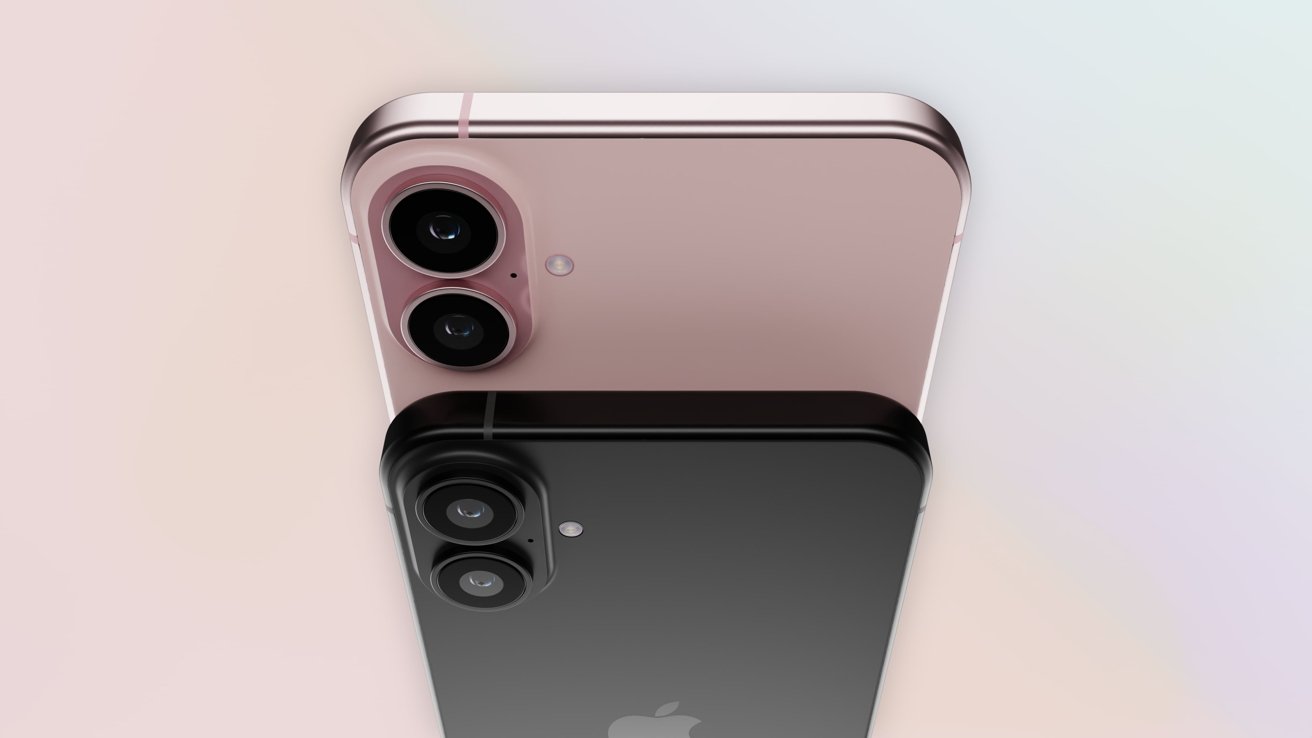
While not as flashy as the iPhone 16 Pro, Apple's fall debut of the iPhone 16 is important due to the addition of Apple Intelligence. Here are the top features that will make a difference for those in the market for an upgrade.
The rumor mill never stops for the iPhone, but lately it has focused more on changes to the iPhone 16 Pro models. Even so, there will still be changes coming for the non-Pro models arriving at the same time.
With fewer than three months until Apple launches its new models, these are the features you should watch out for in the iPhone 16 and iPhone 16 Plus.
iPhone 16 upgrades: A17
One thing that almost certainly will be happening is a chip upgrade. Since the iPhone 14, Apple has shifted to a system where the newest chip releases would apply to the Pro models, while the non-Pro used the previous one.
The Pro models for the iPhone 14 and iPhone 15 used the A16 Bionic and A17 Pro respectively, while the non-Pro used the A15 Bionic and A16 Bionic.
The change allowed the Pro models to have a significantly more powerful chip than the non-Pro, without Apple needing to design two different tiers of chip each year.
If that continues for the iPhone 16, it is likely that the A17 Pro chip will be reused for the iPhone 16 while the iPhone 16 Pro line will move to the A18 chip. There have also been rumors that the A18 will be used across the board.
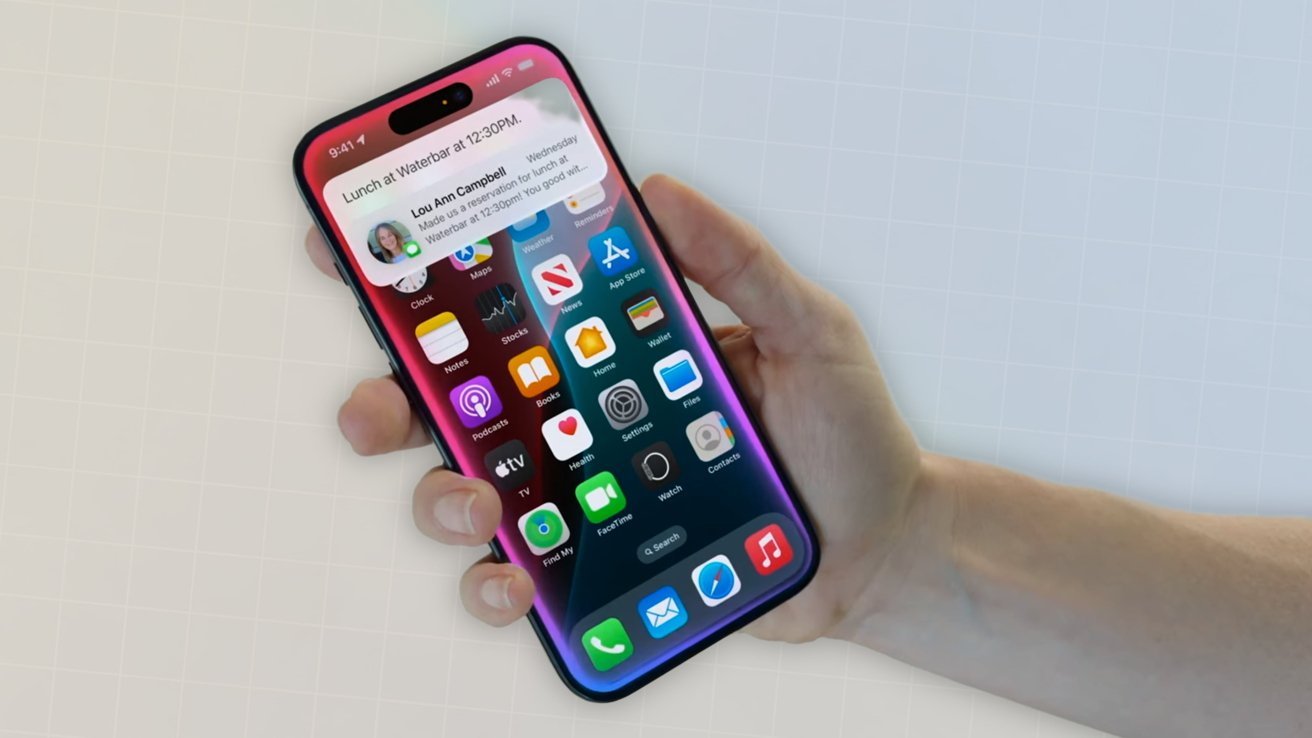
Regardless of what it gets, the change in chip will be significant to the iPhone 16. The A17 accompanied with 8GB of RAM is the first iPhone chip made to be compatible with Apple Intelligence.
Apple Intelligence is the company's big push in machine learning, with generative AI and more contextual answers a big part of the initiative. As the A17 is capable of doing the work and the A16 cannot, a shift to the A17 at least is imperative for the next iPhone releases.
For reference, the A16 Bionic's 16-core Neural Engine can handle up to 17 trillion operations per second. The A17 Pro's version can go up to 35 trillion operations per second.
iPhone 16 upgrades: Display
A key part of any smartphone experience, the display is how people primarily interact with the device — the screen. While the highlight rumors are about the Pro models, the iPhone 16 is expected to see a few changes as well.
Since around the time of the iPhone 15 launch, rumors have circulated about the displays getting bigger in general. However, while the Pro models are expected to grow by around 0.2 of an inch apiece, the non-Pro are thought to be around the same size and weight as the iPhone 15 generation.
In theory, that means the iPhone 16 should get a 6.1-inch display, and 6.7 inches for the Plus version.
Despite having the same physical dimensions, there is one other screen change that could improve the device.
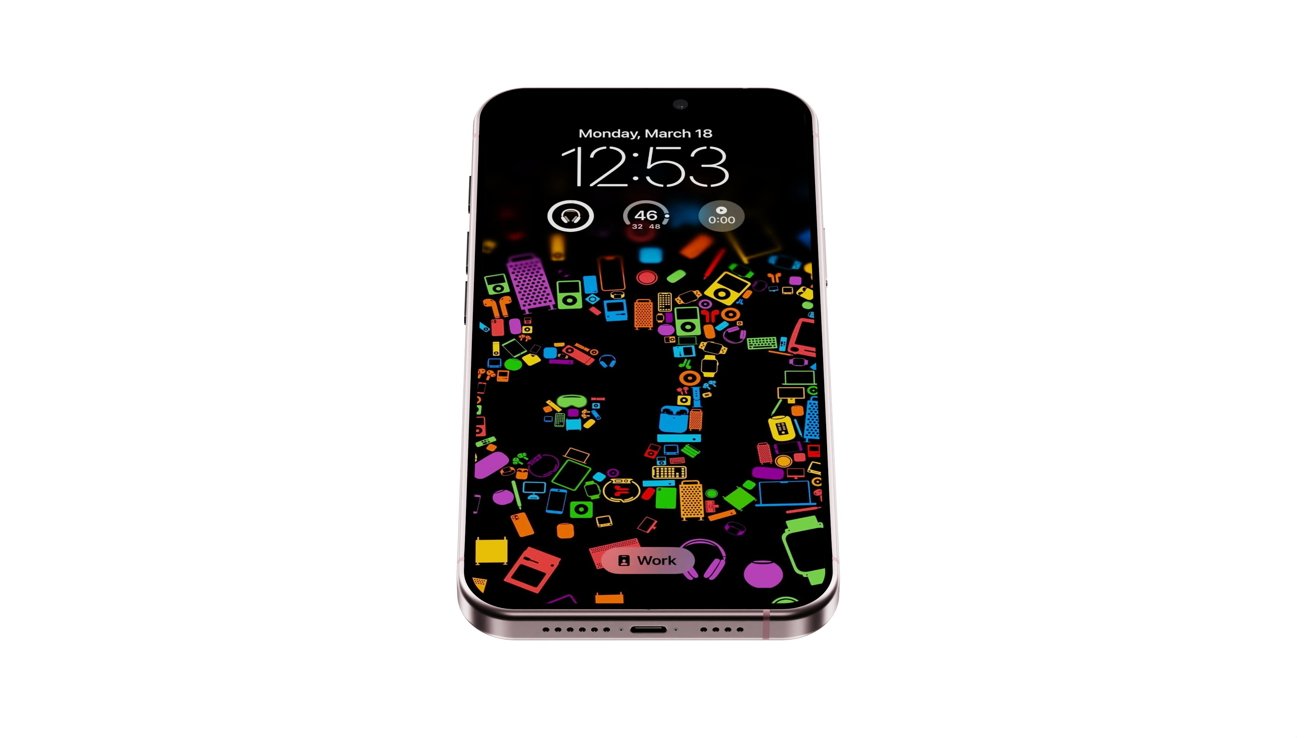
In March, it was claimed iPhone supply chain members were working on displays with Border Reduction Structure (BRS) technology. In April, there were reported issues in the supply chain relating to introducing those reduced bezels.
By June, the rumors morphed into claims the Pro models will include the "world's thinnest bezels." If true, this will ultimately create a better edge-to-edge display for users.
Though this, again, is mainly discussing Pro models, there's at least a chance of the non-Pro models getting it too.
iPhone 16 upgrades: Camera
Again, the lion's share of camera rumors pertains to the Pro models. There's intense discussion about the Tetraprism lens moving to both Pro models, but that's not likely to move to the non-Pro model yet.
What is expected in the non-Pro iPhone 16 is a change in camera bump. Assorted mold and dummy handset leaks have promoted the idea of a vertical camera arrangement for the iPhone 16 and iPhone 16 Plus, rather than the diagonal positioning in a square.
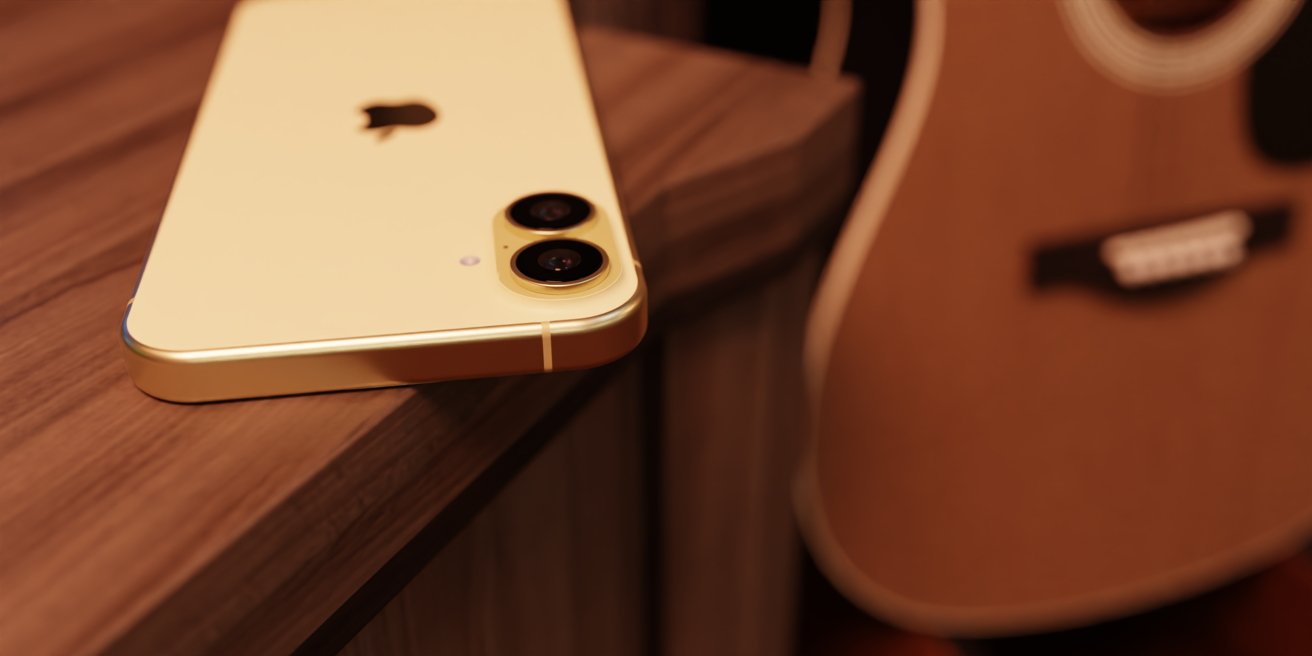
Such a change would bring the cameras vertically in alignment, which would theoretically make it possible for the iPhone 16 to capture spatial video for the Apple Vision Pro.
On the less likely side, rumors have discussed the possibility of new lens coatings to reduce lens flare and other artifacts. Thinner lenses could also be used, helping reduce weight.
In lieu of any concrete rumors indicating any sensor changes for the non-Pro models, it may be safe to assume that Apple's not going to make much in the way of changes to those spec points.
iPhone 16 upgrades: Action Button
The addition of the Action Button to the iPhone 15 Pro and iPhone 15 Pro Max meant that the mute switch was replaced by a multi-function button. However, the iPhone 15 retained the switch for one more generation at least.
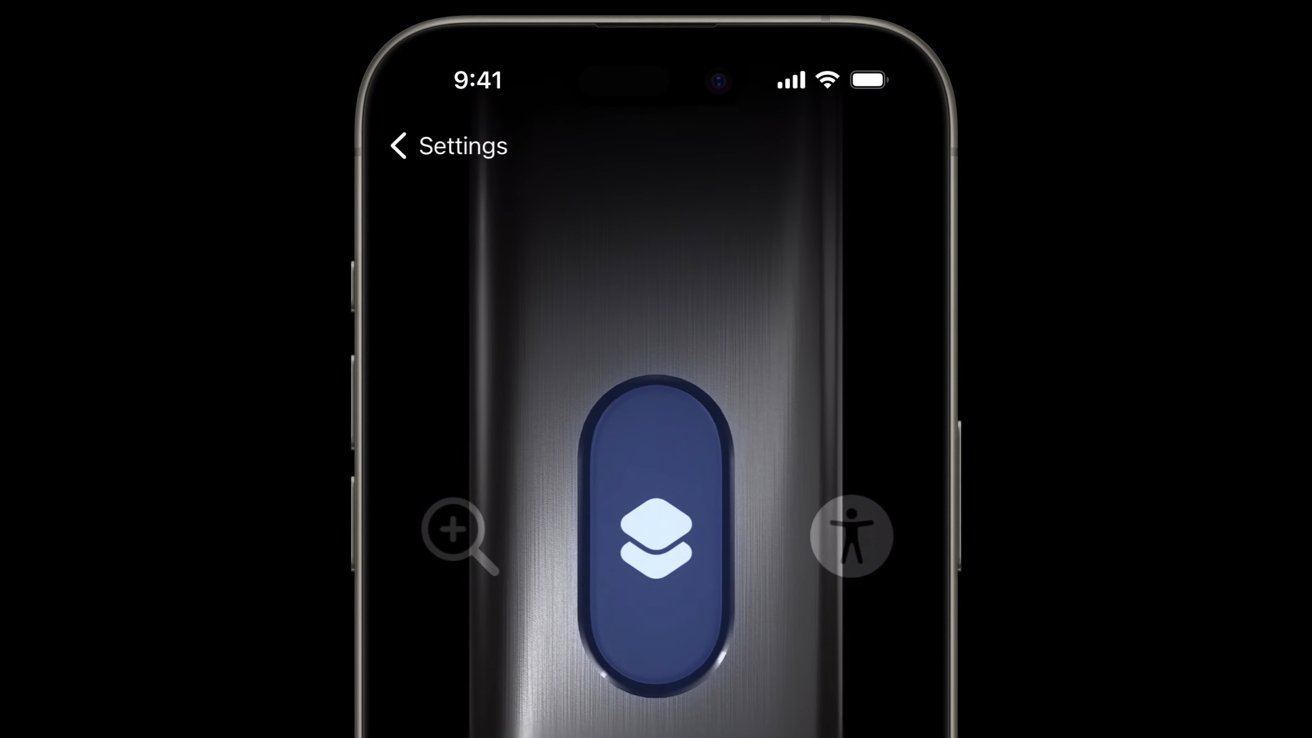
For the iPhone 16, the current expectation is for the Action Button to make its way from the Pro models to the non-Pro. A rumor from December made the claim, which could've also been assumed based on Apple's penchant for handing down features from Pro tier devices to non-Pro variants.
There have been rumors that the iPhone 16 Pro could have a Capture button. While the claims haven't really discussed its inclusion in the iPhone 16, it is still a possibility.
iPhone 16 upgrades: Battery
While not a massive feature to consumers, battery life is still an understated but very important feature. Apple has continually tried to increase the battery life over time, be it by increasing capacity or power efficiency moves.
Rumors have discussed the possibility of improved battery capacities for most models, including both Pro units and the standard edition.
For the iPhone 16, it is thought to have a battery capacity of 3,561mAh, up from 3,367 for the iPhone 15.
However, the iPhone 16 Plus is rumored to go the opposite way. It's expected to have a 4,006mAh battery, lower than the 4,407mAh iPhone 15 Plus version. At this point, it's not clear how accurate that rumor is, though.
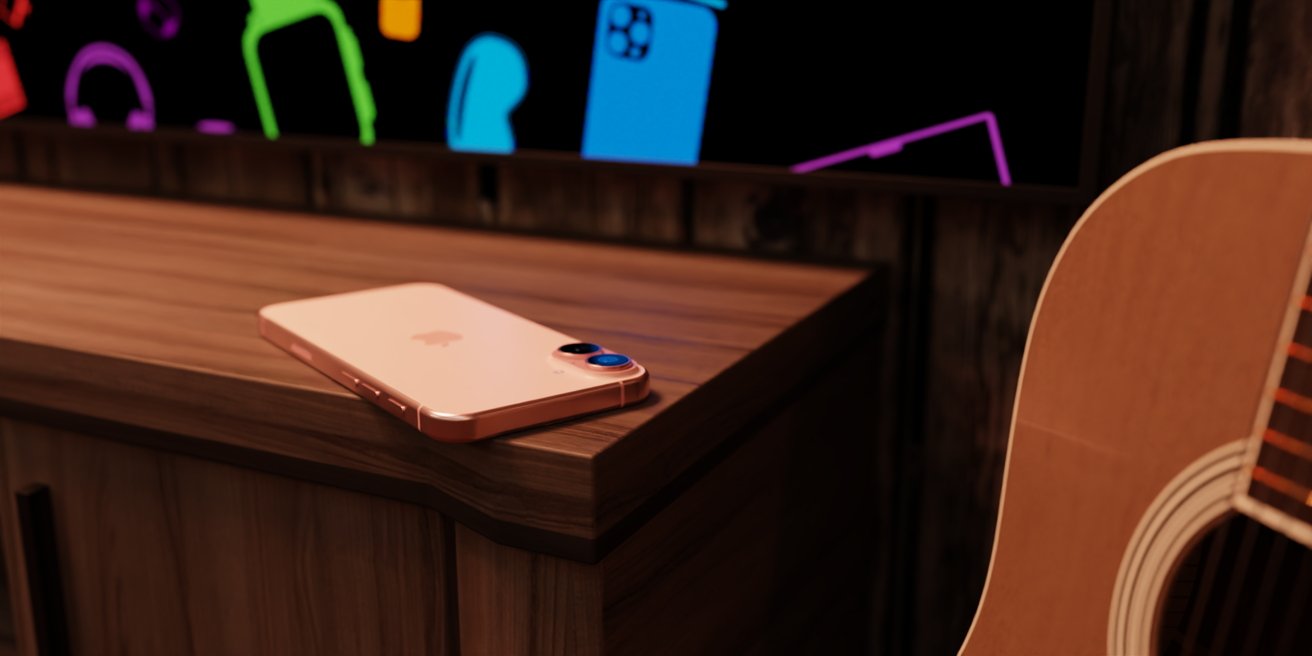
The changes aren't really seismic. When combined with other initiatives to conserve power, they can result in a battery life improvement for the iPhone 16. Time will tell about the iPhone 16 Plus.
Other changes could involve the technologies used to create the batteries in the first place. Apple has reportedly looked into using a graphene heat sink and the use of high-performance cathode technology in the units.
They may also be more eco-friendly too, as Apple previously declared all batteries it designs will use entirely recycled cobalt by 2025.